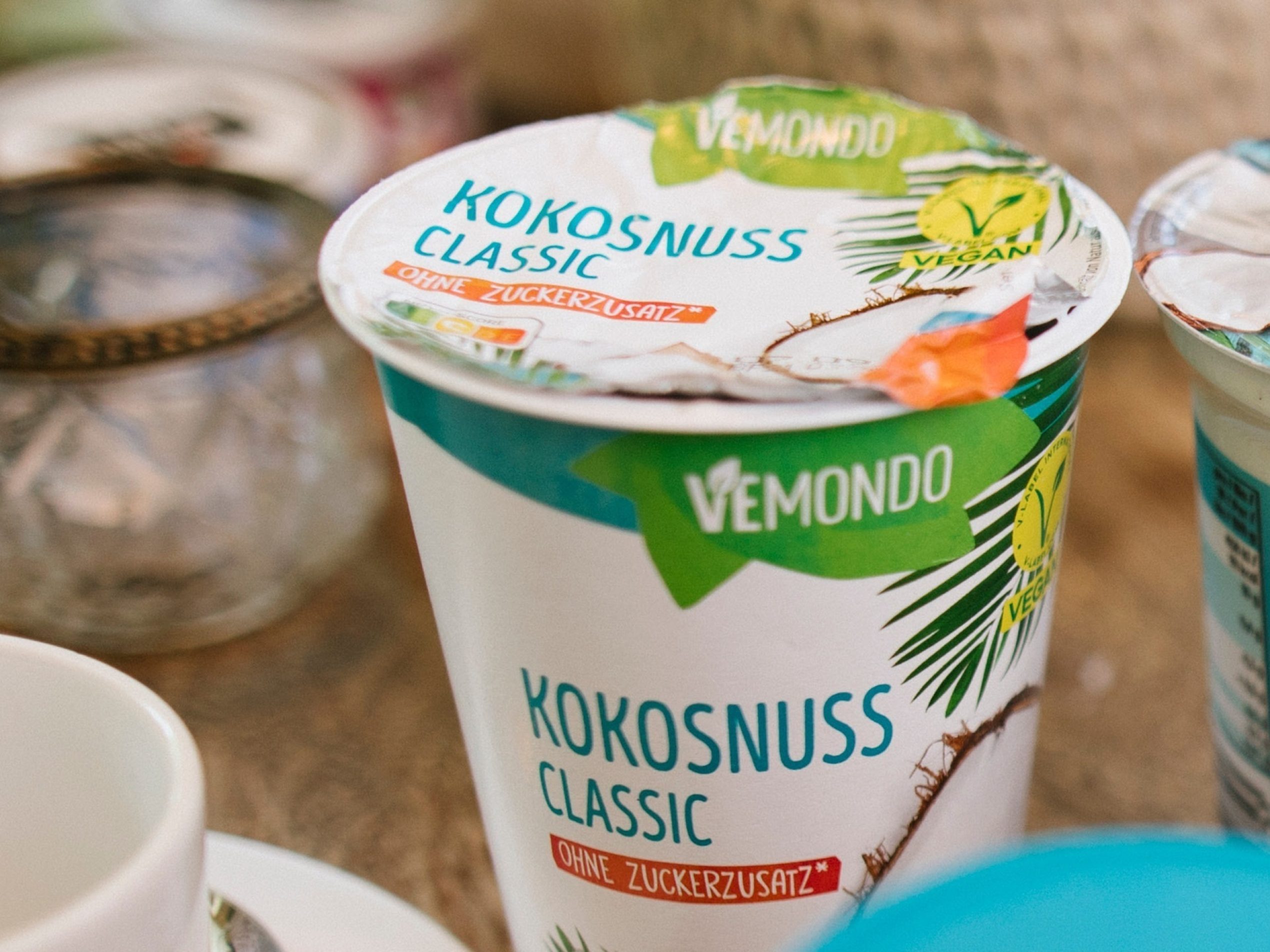Conscious Nutrition: Price Alignment and Regional Products for Climate Protection
At a time when climate change is one of our biggest challenges, we, the companies of Schwarz Group have set ourselves the task of making more sustainable food accessible and affordable for everyone. This initiative is based on the principles of the Planetary Health Diet (PHD), among other things, developed by the EAT-Lancet Commission. The PHD aims to promote nutrition that protects the health of both people and the planet by increasing consumption of fruit, vegetables, legumes and wholegrain products.
Lidl and Kaufland have implemented the PHD by aligning the prices of their plant-based private-label products with the prices of animal-based products to make conscious nutrition affordable for everyone. This shows our commitment to actively putting the principles of the PHD into practice rather than just viewing them as a theoretical concept.
Supporting Farmers and Expanding the Assortment
The joint commitment of the companies of Schwarz Group does not stop there. Collaboration is key to creating a climate-friendly product range. For this reason, our efforts start out in the field: By helping farmers to adapt to more sustainable agricultural practices, we promote the use of environmentally friendly methods that reduce the ecological footprint. This support is provided via training and information services that impart the required knowledge. We also create a platform for active discussions and knowledge sharing to support the businesses on their journey.
Following agriculture and cultivation, production also plays a crucial role in the value chain. By means of energy-efficient production methods, Schwarz Produktion also contributes to an environmentally friendly approach.
Selected Lidl and Kaufland stores are expanding their range of seasonal and regional products. While doing so, it is important to make customers aware of the benefits of conscious purchasing decisions. Focusing on seasonal products reduces the need for energy-intensive storage and transport methods, as these products are harvested at the right time of the year. Regional products also significantly reduce transport routes, which in turn reduces carbon emissions. These measures not only support the local economy, but they also help to minimize environmental pollution.
However, it is important to emphasize that a combination of regional and seasonal products is crucial to actually reduce the environmental impact. Products are not always sustainable just because they are regional, especially when these products are cultivated outside of their natural season. Because of this, our focus is on explaining the advantages of seasonal and regional nutrition to customers so that we can make a positive impact on the environment together.

Conscious Nutrition for Everyone
Another step toward conscious nutrition is the aligning of prices between plant-based and animal-based products, as we previously mentioned. Lidl and Kaufland have adjusted the prices of their vegan private labels Vemondo and K-take it veggie to match comparable animal-based products. This decision provides incentives to buy plant-based products and makes conscious nutrition affordable for everyone. This means that our customers can try plant-based alternatives without the price being the deciding factor.
Transparency and Specific Targets for the Protein Ratio
Transparency regarding the protein ratio is another important aspect. Lidl is the first food retailer in Germany to disclose the proportion of plant-based to animal-based sources of protein. The ratio is currently 11 to 89 percent, and 6 to 94 percent for dairy products. The aim is to increase the proportion of plant-based protein, which includes legumes, nuts and seeds as well as vegan alternatives for meat, egg and fish products, to 20 percent and alternative dairy products to 10 percent by 2030.
Pioneers for a More Climate-Friendly Future
Our efforts show that conscious nutrition is not only possible, but it is also necessary. By combining price parity, support for agriculture and collaboration with suppliers, we are making a significant contribution toward protecting the climate.
These initiatives invite consumers to be part of the solution and to have a positive impact on the environment by making conscious purchasing decisions.




